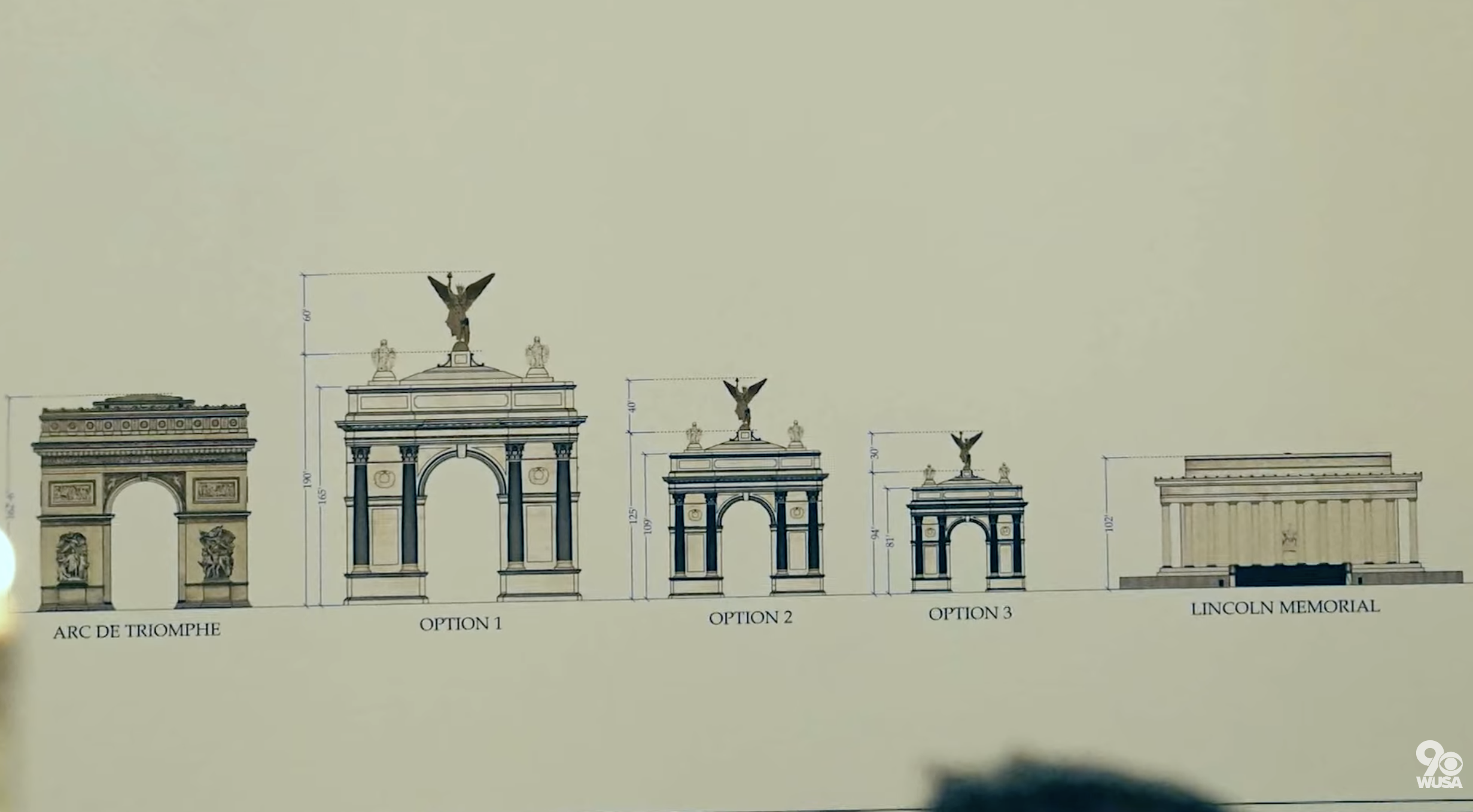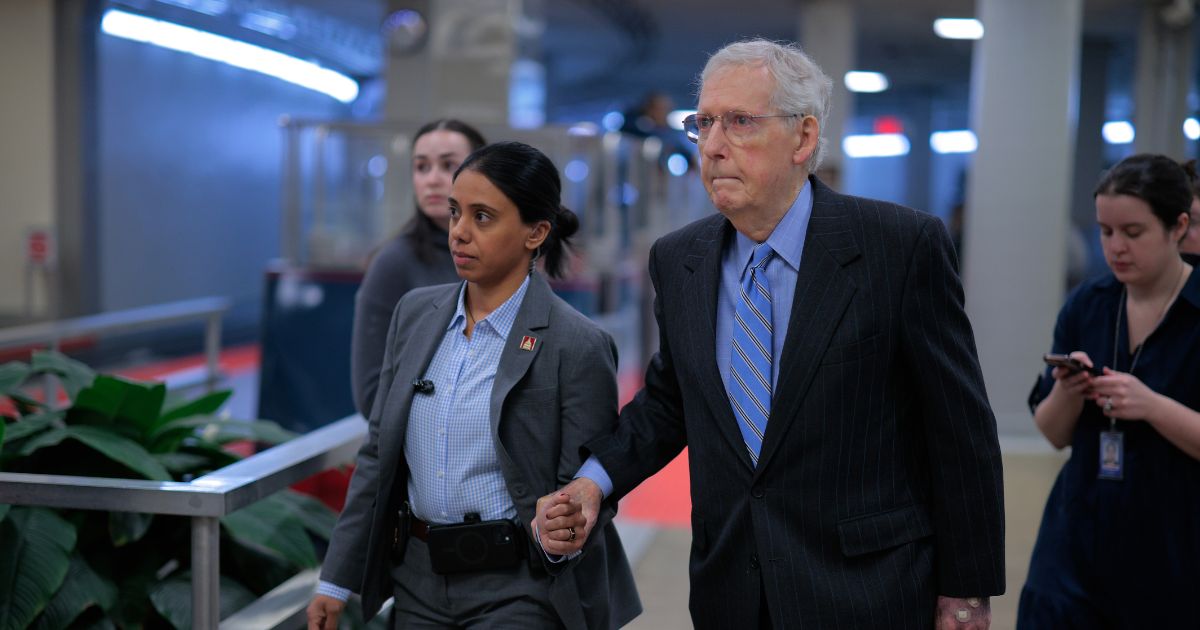Trump’s DOGE cuts face final Senate hurdle with ‘vote-a-rama’
The Senate is preparing for a marathon “vote-a-rama” session, the final step in a multi-day process to approve a rescission bill that would cut $9 billion in foreign aid spending, including some public broadcasting funds. This marks the third such session this year. Republicans, despite some internal disagreements adn demands for more detailed information, are set to support the bill, which allows for a simple majority vote and bypasses the filibuster.Democrats plan to propose amendments to restore some of the targeted funds, especially for NPR, PBS, and the U.S. Agency for International Progress. The process is expected to be lengthy, potentially lasting into Thursday, though senate leaders hope it will be shorter then previous sessions.The rescission effort has also seen concessions, such as exempting $400 million for AIDS prevention, to secure broader GOP support. The vote-a-rama tests party unity, with a few GOP senators opposing procedural votes, and highlights ongoing tensions within the senate over budget details and spending cuts.
Trump’s DOGE cuts face final Senate hurdle with ‘vote-a-rama’ session
For the third time this year, the Senate will undergo a marathon voting session known as a “vote-a-rama,” the last step in a dayslong process to rescind billions in foreign aid spending.
Beginning Wednesday afternoon, Republicans are powerless to stop the Democrats from forcing a series of votes geared toward making final passage of the $9 billion clawback, known as a rescission bill, as painful as possible.
Republicans have already been grappling with the discomfort of centrist members who say the rescission request, which also targets $1.1 billion in public broadcasting money, lacked the detail needed to make an informed decision.
Now, Democrats will get a chance to drive further GOP divisions while attempting to whittle down the legislation.
Sen. Dick Durbin (D-IL), the No. 2 Senate Democrat, told the Washington Examiner that Democrats would try to “rescue” some of the funding targeted by the rescission, naming money for NPR and PBS as well as programs administered by the embattled U.S. Agency for International Development.
There is some question over how long the vote-a-rama will last — it took 27 hours and an all-nighter to pass President Donald Trump’s megabill earlier this month — but Democrats are limited in the amendments they can offer. Each must be germane to a rescission request that is only a handful of pages long.
“Nobody’s talking about setting a land record as to how long it lasts,” Durbin said. “We want to make sure they’re meaningful amendments that give real choices.”
The process, laid out in the Impoundment Control Act, is advantageous for Republicans — they can sidestep the filibuster with a simple majority vote. But even a party-line exercise is testing GOP unity in the Senate, where Vice President JD Vance was forced to cast his sixth and seventh tiebreaker on Tuesday night for a pair of procedural votes.
Senate leadership, in partnership with the White House, has made concessions to rescission holdouts, agreeing to exempt $400 million in AIDS prevention funding in a wraparound amendment being managed by Sen. Eric Schmitt (R-MO). Individual Republicans have also received outside commitments to preserve or redirect funding.
Still, Senate Majority Leader John Thune (R-SD) is receiving complaints from centrists who want account-level detail on what funds will be touched in the rescission, and it is not yet clear he has the votes to pass the bill before a Friday deadline. There is also the danger that enough Republicans will side with Democrats to strike certain parts of the request.
On Tuesday, three GOP senators, the maximum number Thune can lose, voted against the procedural votes: Sens. Susan Collins (R-ME), Lisa Murkowski (R-AK), and Mitch McConnell (R-KY).
Thune called the complaint over a lack of granular detail a “fair point” in a brief interview with the Washington Examiner on Wednesday, offering rare criticism of the White House: “I think that the administration needs to be more specific.”
But he said the State Department traditionally has flexibility over how it administers funds and that enough detail was offered to satisfy him and most of the conference.
“I think that more specificity would be a good thing, and certainly more detail in terms of what exactly it is that they intend to cut as a result of all this,” Thune said. “But I think for the most part, most of our members believe that there was enough detail there to make a good decision about whether or not we want to move forward on the package, and we’ll see where the amendment process goes today.”
Senate leadership is only expecting a handful of GOP amendments in the vote-a-rama, but they have limited control over what Democrats decide to bring, raising the possibility that the votes will stretch into Wednesday night or Thursday.
“We don’t know. Nobody knows,” Senate Majority Whip John Barrasso (R-WY) said of how long the marathon will last. He noted that the Senate hasn’t handled this step of the rescission process since the 1990s.
VANCE CASTS SENATE TIEBREAKER TO ADVANCE TRUMP’S DOGE-INSPIRED CUTS
The single rescission Trump requested in his first term was blocked before a vote-a-rama.
“Rescission is different. They have to be more targeted, germane,” Barrasso said. “The last vote-a-rama was 27 hours. I’m hoping this is less than that.”
" Conservative News Daily does not always share or support the views and opinions expressed here; they are just those of the writer."


